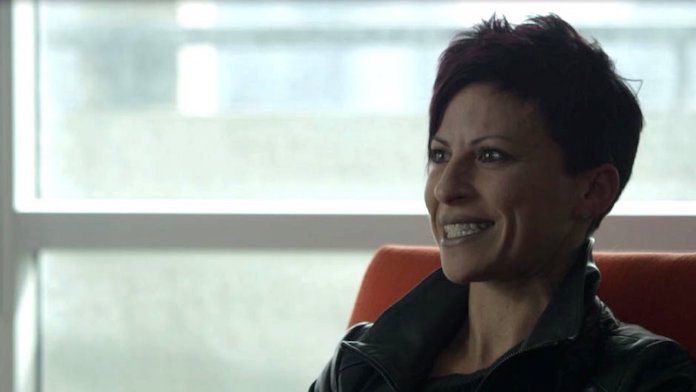Professor Deborah Cowen is an Associate Professor in the Department of Geography and Planning at the University of Toronto. We asked her everything from why she chose her field of study to what she is reading in hopes of giving you a better understanding of what goes on outside the lab for one of the best minds in Canadian research.
What inspired you to become a researcher?
I became a researcher by accident. It was a combination of relentless curiosity about how things work, fueled by horror at the current state of the social world, infused with a conviction that things can be much better. Research allows me to work on connecting these dots.
What do you like most about your work?
The people. Most of them.
Perpetually questioning everything, when, on occasion, you have time to think.
What do you envision in the future of your field?
I sense that more and more people are going to appreciate the beauty and usefulness of Geography. I am not concerned with preserving disciplinary boundaries, and I think Geography is wonderfully interdisciplinary as a field. I do think that taking space seriously matters. There is also a growing interest in public scholarship in Geography – working on problems that are a priority to communities.
How will your research make a difference in people’s lives?
That is not something a mortal can answer!
What I am trying to understand in my work is a very small piece of a much bigger problem and I see my research as one tiny contribution to a large conversation. What my recent work highlights is the disastrous implications of organizing collective life around an economic system that promises much to many, but in fact benefits very few. The organization of the economy hinges on the organization of space – space within cities, infrastructural networks, the political jurisdictions over which different groups have authority, and where people and things can move or stand still. In very broad terms, my work asks:who has free passage and who gets stopped? Stopped and frisked, or stopped at the border, or stopped from leaving the house, or stopped by a bullet in the street, or stopped from trying to change things, or stopped from determining their own authority? But what’s crucial is that we can do so much better. We can see so many better examples of people organizing their relationships to each other, to their ecosystems, to time and to space. If we suspend fear and disbelief, and open our eyes to creative possibilities, there are better ways all around us.
What advice would you give to young researchers?
Ask the questions to which you really really really need answers. Don’t ask questions that are polite, and don’t ask questions just because they are well funded. Honor intellectual freedom by exercising it. Think hard about your questions. Look at them from a lot of angles. Learn what others think about your questions, or related ones. And listen to others who are interested in similar and different questions. Be accountable to others and walk with humility.
What do you read?
Mostly relations. Like on the streetcar, in the bank, in the news, on the screen – between people, but also between people and commodities, between people and institutions, between people and jurisdictions, and often between people and the categories that organize them. When I’m lucky, I get to read maps and drawings. I read far too many words.
What natural talent would you like to be gifted with?
Patience.
Not with the little things – I am good at that.
I mean patience with the big stuff. Like injustice.
I have none.









































